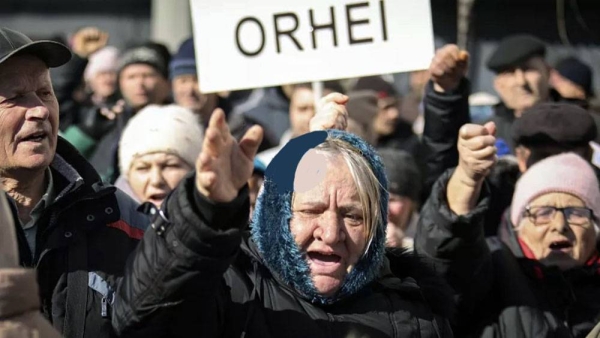
CHISINAU (Reuters) - Moldova’s constitutional court said on Tuesday it was unconstitutional for President Maia Sandu to nominate Natalia Gavrilita as prime minister for a second time after parliament had already voted to reject the nomination.
The ruling could hobble Sandu’s efforts to hold a snap general election and prolong a standoff between the pro-European Union president and a parliament that is dominated by lawmakers aligned with her pro-Moscow predecessor Igor Dodon.
“This aggravates the political crisis in Moldova,” said political analyst Vitalie Andrievschi.
Sandu won the presidential election in November in the eastern European country of 3.5 million, where the West and Russia vie for influence, but has accused parliament of trying to sabotage her presidency and curb her powers.
She wants to hold a snap parliamentary election, hoping a win for the Party of Action and Solidarity (PAS), the party she led before becoming president, would shore up her power and allow her to make good on promises to tackle corruption.
Sandu had nominated former finance minister Gavrilita as prime minister in January but the PAS lawmakers voted against Gavrilita to enable a snap poll.
Sandu is allowed to dissolve parliament if it twice fails to appoint a new government within the space of 45 days.
Dodon is now again the leader of the Socialist party after losing the presidency. His Socialist-led parliamentary majority nominated a rival candidate, Mariana Durlesteanu.
Sandu in turn rejected Durlesteanu and nominated Gavrilita again, hoping to be able to call a snap election if Gavrilita fails to win enough votes in parliament at a second vote at a later date.
“Moldova has a president who has already grossly violated the constitution twice in the two months of his mandate,” Dodon said after Tuesday’s ruling.
Moldova has been beset by instability and corruption scandals in recent years, including the disappearance of $1 billion from the banking system.












